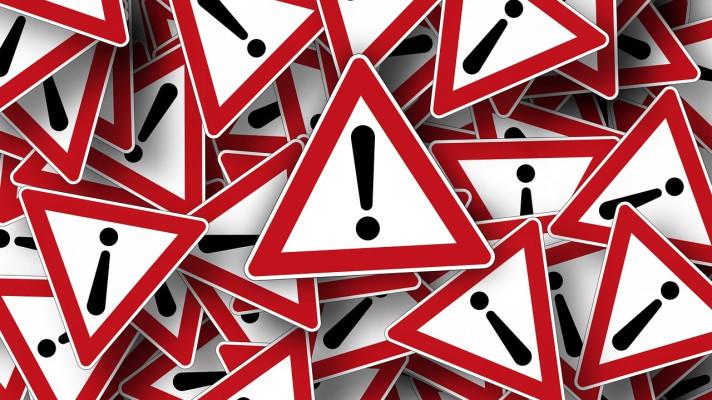GENEVA - Negotiators from Europe, Central Asia and North America began talks yesterday to finalise an international pact to strengthen people\'s right to know about the presence of chemical waste and toxic pollutants.
States seek tougher \'right to know\' on toxics
Under a draft plan, hammered out over two years of negotiations, states would set up national registers of industrial pollutants released into the water, air and soil.
The pact, which countries hope to be able to sign next year, covers the disposal, storage, recycling or treatment of dangerous materials ranging from minerals to metals, fertilisers and hydrocarbons.
But the week-long talks, the last scheduled session of negotiations, come amid complaints by environmental groups that some toxic substances - radioactive waste and cancer-causing chemicals - risk being dropped from the draft deal under pressure from industry lobbyists.
Friends of the Earth and other activists warn that some countries are pressing for known carcinogenic substances, such as beryllium, a metal used in some electronic appliances, and chromium VI, employed in pigments and dyes, leather tanning and wood preserving, to be removed from the list.
Another area of concern is styrene - a possible carcinogen used widely in rubber, plastics, insulation, fibreglass and autoparts - which is also in line to be omitted.
\"The public should have the right to know what chemicals are being discharged by companies and where they are being stored,\" said Mary Taylor, researcher at Friends of the Earth.
REVOLUTIONARY TREATY
\"Protecting certain sectors...from public scrutiny or avoiding the inclusion of cancer-causing chemicals is scandalous,\" she added.
The pact would be a protocol to the Aarhus Convention, billed as a revolutionary \"environmental rights\" treaty when signed by 35 states from Europe and Central Asia in 1998.
The legally-binding treaty, which came into force last year, guarantees the public a voice in the state of their water, air and land. Citizens were given more rights to sue industries and authorities who break green laws.
The new protocol aims to go further by requiring countries to collect and publish a list of dangerous substances, although there is still debate on whether thresholds should be set for reporting specific amounts of toxins.
\"It is sort of a \'name and shame\' effort to put pressure on companies to reduce emissions,\" Jeremy Wates, of the U.N. Economic Commission for Europe (ECE), the agency hosting the negotiations, told Reuters.
Germany, which has a powerful chemicals industry, had been amongst countries pushing for a weaker protocol, Taylor said.
But other countries, particularly from the former Soviet bloc, were alarmed at how much it could cost to enforce. \"It is a new concept for newly democratic countries,\" she added.
The protocol should be formally approved by environment ministers from ECE\'s European region, which includes Central Asia and North America, in Kiev, Ukraine, in May.
Story by Stephanie Nebehay
REUTERS NEWS SERVICE
Sdílet článek na sociálních sítích
